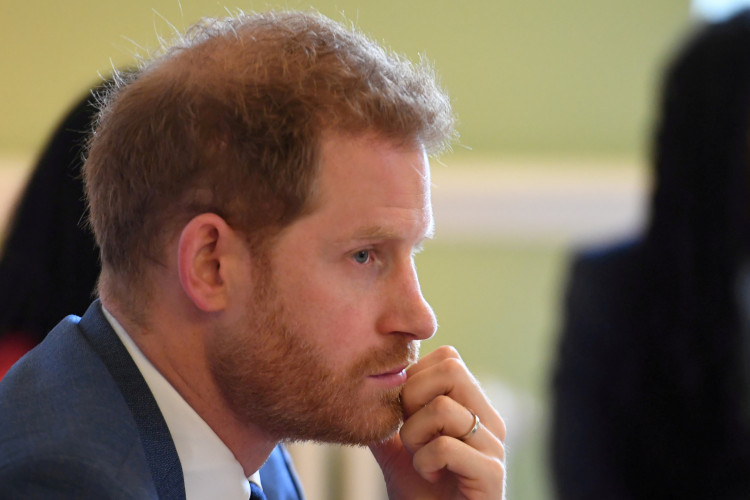Prince Harry is again under scrutiny from the conservative Washington-based Heritage Foundation, which is demanding that the Duke of Sussex be questioned by U.S. authorities about past drug use upon his next entry into the country.
The think tank renewed its push this week, citing Harry's admissions in his memoir Spare, in which he discussed using cocaine, marijuana, and psychedelics. The organization claims these admissions raise serious questions about whether Harry was truthful on his U.S. visa application and whether he should have been granted immigration benefits at all.
"He should be questioned at the U.S. border when he returns from wherever he travels," said Nile Gardiner, director of the Margaret Thatcher Center for Freedom at the Heritage Foundation. "These drugs are illegal in the U.S. This is a new era of immigration enforcement in the U.S., and the rules are being strictly enforced by the new U.S. administration."
The demand follows the release of six heavily redacted documents related to Harry's immigration status, which were obtained by the think tank through a Freedom of Information Act (FOIA) lawsuit. While Judge Carl Nichols previously ruled that the public interest in releasing Prince Harry's visa application did not outweigh his privacy rights, he ordered that "the Court will determine what portions of those materials can be produced to Heritage."
The core issue revolves around whether Harry answered truthfully on his visa application form when asked about past drug use. A "yes" response can be grounds for inadmissibility under U.S. immigration law, although immigration officers have discretion depending on the circumstances.
Jarrod Panter, the Department of Homeland Security's Chief FOIA Officer, emphasized that the Duke of Sussex did not receive special treatment. "The records, as explained above, do not support such an allegation but show the regulatory process involved in reviewing and granting immigration benefits which was done in compliance with the Immigration and Nationality Act and applicable rules and regulation," Panter wrote in a court filing.
Panter added that releasing Prince Harry's exact immigration status could subject him to "reasonably foreseeable harm in the form of harassment" and "unwanted contact by the media and others."
In Spare, Harry acknowledged using cocaine as a teenager and said marijuana "actually really did help me." His comments have fueled persistent calls from the Heritage Foundation and others for greater transparency over how his visa was processed.
The foundation has argued that the issue is of "immense public interest," particularly because of concerns about unequal application of immigration rules.
The renewed legal efforts come as former President Donald Trump, who is seeking a return to the White House, has weighed in on the controversy. Asked last year whether he would deport Harry if it were determined that he lied on his visa application, Trump said, "I don't want to do that. I'll leave him alone. He's got enough problems with his wife. She's terrible."
However, Trump also made clear in other interviews that the Duke should not receive special treatment. "If he lied, they'll have to take appropriate action," he told GB News last March.
The relationship between Trump and the Sussexes has long been frosty. Meghan Markle publicly criticized Trump during the 2016 presidential campaign, calling him "divisive" and "misogynistic," and said she supported Hillary Clinton. Trump responded by calling her "nasty" in a 2019 interview.






